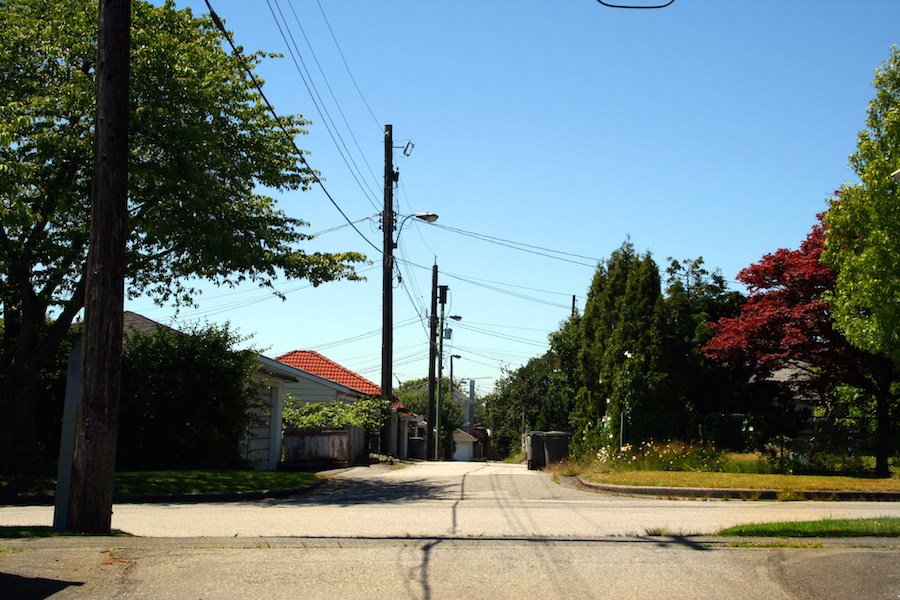Editor:
As Vancouver heads into the winter the city should start to prepare and then implement in the spring a plan to convert all the lanes in the city to something better than the eyesores and void of human and natural life many of the lanes embody now. These new Vancouver Lane Parks can be a testimony to hope or a memorial to COVID-19.
The creation of a series of greener lanes is also not without a global precedent. There is a movement in London to make it a National Park. The founders of the movement are not worrying about saving nature. The motivation is to humanize cities through greater exposure to nature. There are health and mental health and even documented learning benefits for children when people are more exposed to nature.
The benefits of treating the lanes both as they are designed now as important service corridors for emergency services but adding through minor changes making them more hospitable and greener are significant. The most important one will be a contribution to mental health. For those that are at home, work at home or may stay working at home being able to look at or walk through trees, plants and shrubs close to home provides comfort.
The extra greenery will also reduce temperatures in the summer, noise reduction, provide habitat and food for birds and purify to some extent the air. All it might take to start is for every commercial and residential building to review whether additional outside areas can be planted. This might require the removal of concrete and asphalt but the benefits of that are well documented and are the origin of the Depave movement in Portland.
Longer-term the city should work with the fire department, garbage collection services and parking authorities to develop a new footprint for all of the lanes in Vancouver. This could include areas for tables so people could eat, play board games or drink coffee with friends. In some cases, the rationale of making the lanes one way should be considered. The ends of the lanes should be better marked for drivers and pedestrians' safety. It may also be that a 200 sided matrix cube of economic interests and freedom of the market prevents this final suggestion. Is there a need to have five or six different waste collection companies per lane? A consolidation of collection to one or two companies per lane would reduce noise, traffic and air pollution in the lane and the whole city. If managed properly it would also increase the profitability of collection for the waste management firms. Most of us are tired of the constant beeping of trucks backing up.
The world will need more community and social cohesion as it returns from a world of living at home with Netflix. Vancouver can start that process by making the lanes the first step in restoring neighbourhoods.
John Gruetzner





